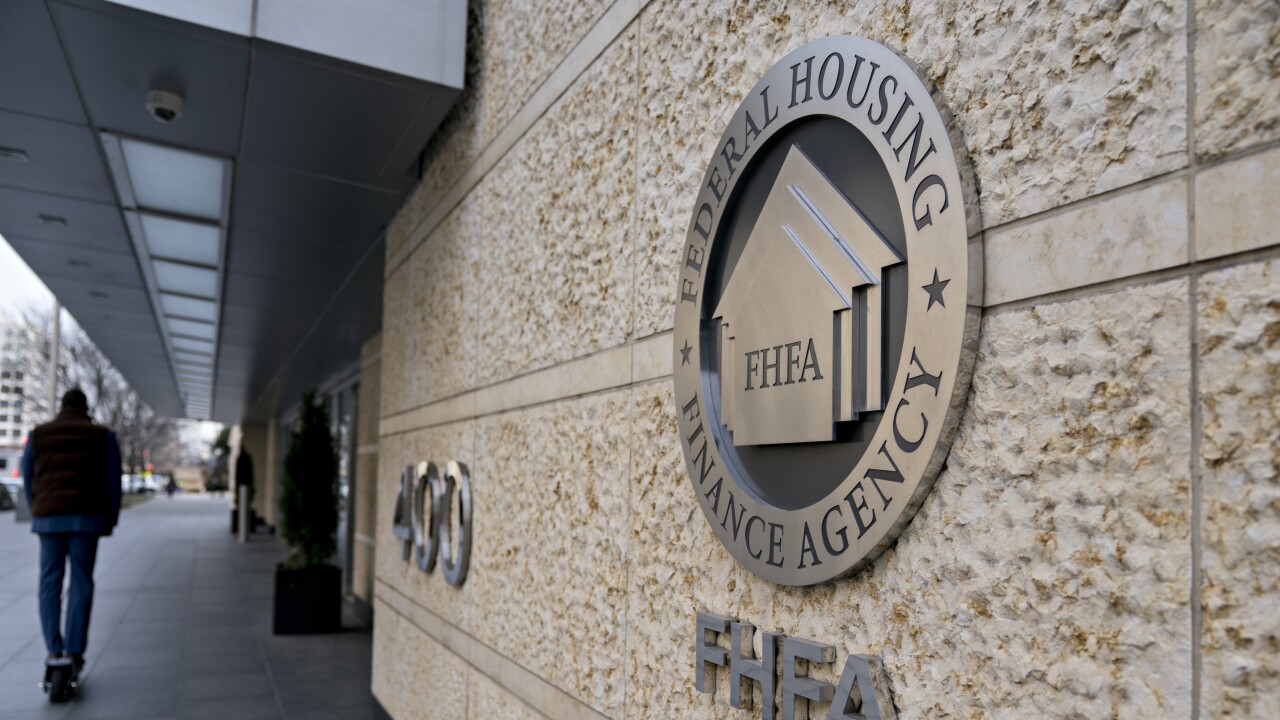About 41% of those surveyed by Zillow said their five-year forecast on home prices is now less positive in the first quarter because of the new tax law, with 31% feeling more optimistic because of tax reform. Approximately 28% claimed tax law changes did not affect their outlook.
Enacted in 2017, the Tax Cuts and Jobs Act expanded the standard deduction, but limited several itemized deductions such as the

However, cutting taxes when the economy is already running at full capacity may signal a downturn in the next five years, which could push the Federal Reserve to raise interest rates quicker than anticipated, according to Zillow Senior Economist Aaron Terrazas. This may be one reason most experts have a more negative outlook for the housing market in the long term.
"By expanding the standard deduction, tax reform will put more money into the typical American's pocket in 2018, which will boost spending and could help renters save faster for a down payment," said Terrazas in a press release.
"But the longer-term outlook is less rosy. There is some concern that tax cuts at this point in the business cycle may be throwing fuel on an already ranging fire and could lead the economy to overheat. Most economists we surveyed see a stronger outlook for the housing market over the next year or two but a more pessimistic outlook on the longer horizon," he continued.
Most respondents raised their forecast for home values in the near future, as tight housing supply and increased demand continue putting upward pressure on home prices. Despite this, homes today are less valuable than they would have been if the recession never happened.
Had the housing bubble never popped, and home values appreciated at a steady pace, the current median home value would be $214,500, 4% higher than today's median house price of $206,300.
"The persistent short supply of entry-level homes for sale has highlighted just how bifurcated the U.S. housing market has become. The experts project that the value of homes in the bottom third of the market will appreciate at 6% this year — double the rate expected for the highest-priced tertile," said Terry Loebs, founder of Pulsenomics.
"Limited inventory of low-priced homes, coupled with expectations for rising interest rates, likely foreshadow a
Zillow's Home Price Expectations Survey for the first quarter of 2018 was conducted by Pulsenomics on behalf of Zillow.





